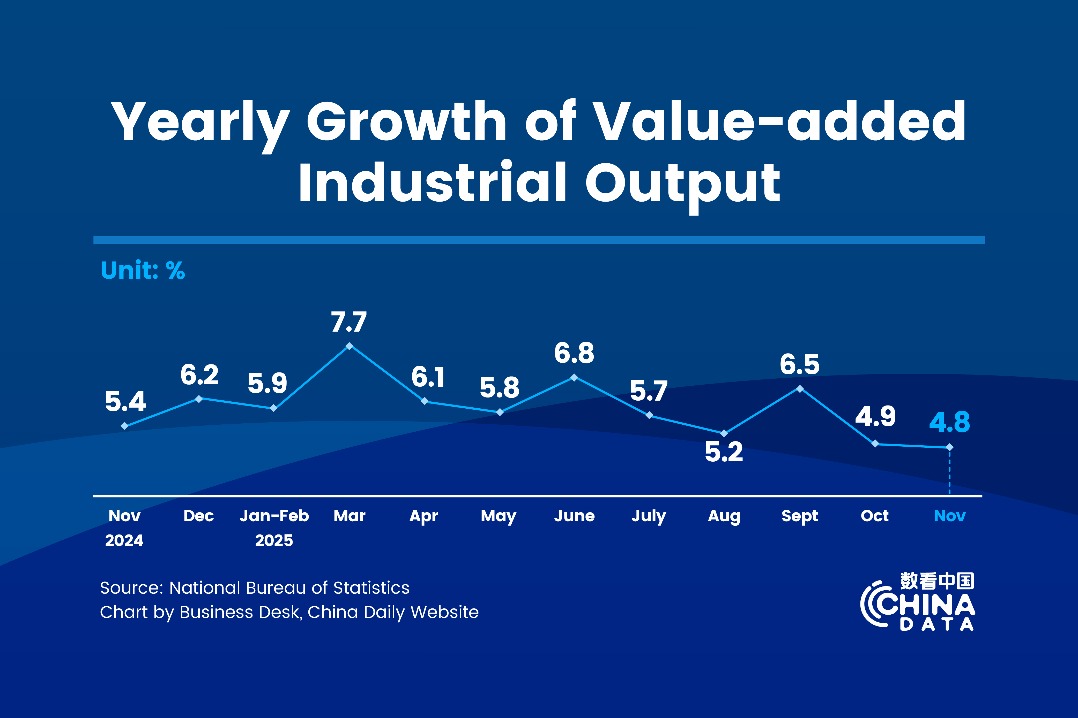Policies to stimulate domestic car market


Subsidies, tax breaks, more number plates to get sales back on track
China is expected to promulgate further favorable policies to boost car sales as part of its efforts to stimulate domestic demand, as the COVID-19 pandemic continues to spread globally, according to the nation's top economic planner.
Yan Pengcheng, a senior official at the National Development and Reform Commission, said boosting domestic demand will be a major task, especially demand for vehicles and home appliances.
"We have a market that boasts 1.4 billion people, which means there is huge potential," said Yan at a news conference last week in Beijing.
Both the central and local authorities have come up with a number of measures in the wake of the coronavirus outbreak to help soften the impact on the auto industry.
Last week, the finance ministry released a plan to extend subsidies for new energy vehicles until 2022, and such vehicles will remain exempt from the purchase taxes for another two years as well.
Some megacities with license plate quotas are relaxing the limits. The government in Shanghai announced on Thursday it would offer 40,000 more license plates this year, which would be up around one third from last year.
Earlier this month, Guangzhou and Shenzhen, both in South China's Guangdong province, said they would increase their quotas as well.
Hangzhou, capital of East China's Zhejiang province, decided in March to offer another 20,000 license plates.
Over 25 cities in the country are providing some form of financial stimuli worth tens of thousands of yuan to car buyers if they place orders on certain models or brands, usually those produced locally.
The moves are helping reinvigorate the market as the pandemic is coming under control domestically.
A total of 1.43 million vehicles were sold in March, down 43.3 percent from the same month last year, but 4.5 times more than in February, when the coronavirus spread was at its peak.
China's new energy vehicle giant BYD delivered 30,599 vehicles in March, around two-thirds the total for the same month last year, but more than six times the figure of February.
Statistics from the China Passenger Car Association show the rebound is continuing in April.
In the first week, carmakers on average sold 22,700 vehicles per day, with the figure rising to 40,700 in the third week.
"In China, we are beginning to see recovery in vehicle sales and customers are returning to our showrooms," British premium carmaker Jaguar Land Rover said in a statement. "Our joint venture plant in Changshu, Jiangsu province, has been in operation since the middle of February," it said.
As of mid-April, all the carmaker's dealerships had reopened.
International carmakers and suppliers have reiterated their confidence in the long-term prospects of the Chinese auto market.
GM sold 461,716 vehicles in the first quarter in China, down 43.3 percent year-on-year. But the carmaker is steering back toward normal operations.
"Despite the challenge at the moment, our commitment to China has never wavered," GM China President Julian Blissett said in a video filmed when he visited a Cadillac plant in Shanghai in early April.
"I firmly believe that China's inner strength can overcome any challenge and sustain vitality over the long term," he said.
Vitesco Technologies, the powertrain business of German auto supplier Continental, is to build a research and development center in North China's Tianjin.
The company inked the deal with local authorities last week and the new center, scheduled for completion in 2021, will specialize in technologies for hybrid and electric powertrains.
The facility is expected to comprise systems, software, electronics, mechatronics and testing engineers and attract talents from all over of the world.
"The new center in Tianjin further expands our development capacities right in the center of where we expect the biggest electrification growth over the next years," Thomas Stierle, head of the electrification technology business unit of Vitesco Technologies.
The company has more than 10 years of experience in electrification. Its products range from 48-volt mild hybrid technologies to key components like power electronics, charging, battery management systems and electric axle drives.




































